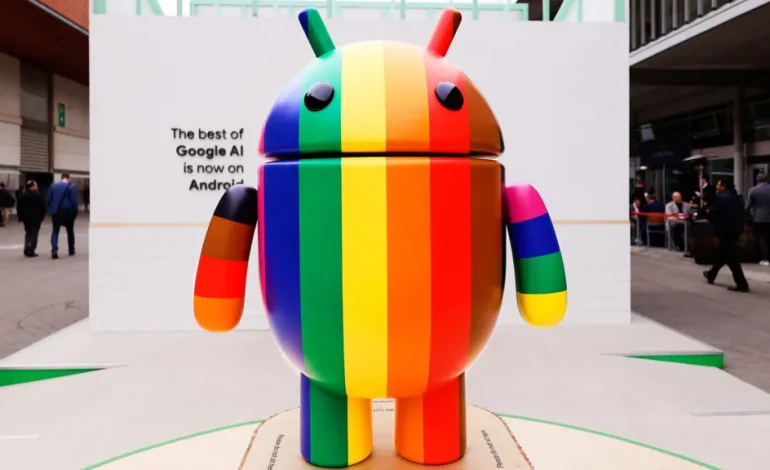Google has recently decided to discontinue its diversity, equity, and inclusion (DEI) recruitment targets.
The move comes as part of an annual review of corporate policies, with the tech giant also reassessing other DEI initiatives. This decision reflects a broader trend among major US companies re-evaluating their DEI programs in response to legal, political, and market dynamics.
A Google spokesperson emphasized the company’s ongoing commitment to equal opportunities for employees:
“We’re committed to creating a workplace where all our employees can succeed and have equal opportunities.”
The spokesperson added that the company has updated its annual investor report to reflect these changes and is reviewing required adjustments due to recent court rulings and executive orders as a federal contractor.
Previously, Google was an outspoken advocate for DEI initiatives, particularly following the 2020 murder of George Floyd and the subsequent global protests. CEO Sundar Pichai had announced a five-year goal to increase the representation of underrepresented groups in leadership by 30%. By 2023, the company reported significant progress, with increased representation of Black, Latino, and female leaders.
Google’s decision is not an isolated case. Several prominent companies, including Meta, Amazon, McDonald’s, and Walmart, have scaled back or eliminated their DEI initiatives. Some organizations cite shifting legal and political landscapes as reasons for these changes.
Conversely, some firms, such as Apple and Costco, have resisted the trend. Apple recently urged investors to vote against a proposal to abolish its DEI policies, highlighting its continued commitment to diversity efforts. Costco’s board also rejected a similar proposal, underscoring the company’s belief in inclusion as integral to its business.
The rollback of DEI initiatives coincides with political challenges and legal developments in the US Since his return to office, President Donald Trump has issued executive orders targeting DEI policies, labeling them as discriminatory and advocating for a merit-based system. Conservative groups have also filed shareholder proposals urging companies to abandon diversity initiatives, arguing they expose businesses to financial and reputational risks.
Additionally, the 2023 Supreme Court decision in Students for Fair Admissions v. Harvard declared race-based affirmative action in college admissions unconstitutional, prompting corporate reassessment of diversity-related goals.
Beyond legal and political pressures, market considerations have influenced companies’ decisions. Backlashes against DEI-aligned products and marketing campaigns have, in some cases, led to boycotts and financial losses. For instance, Target faced shareholder lawsuits after a controversy over LGBTQ+ merchandise reportedly affected its sales and stock value.










The latest news in your social feeds
Subscribe to our social media platforms to stay tuned